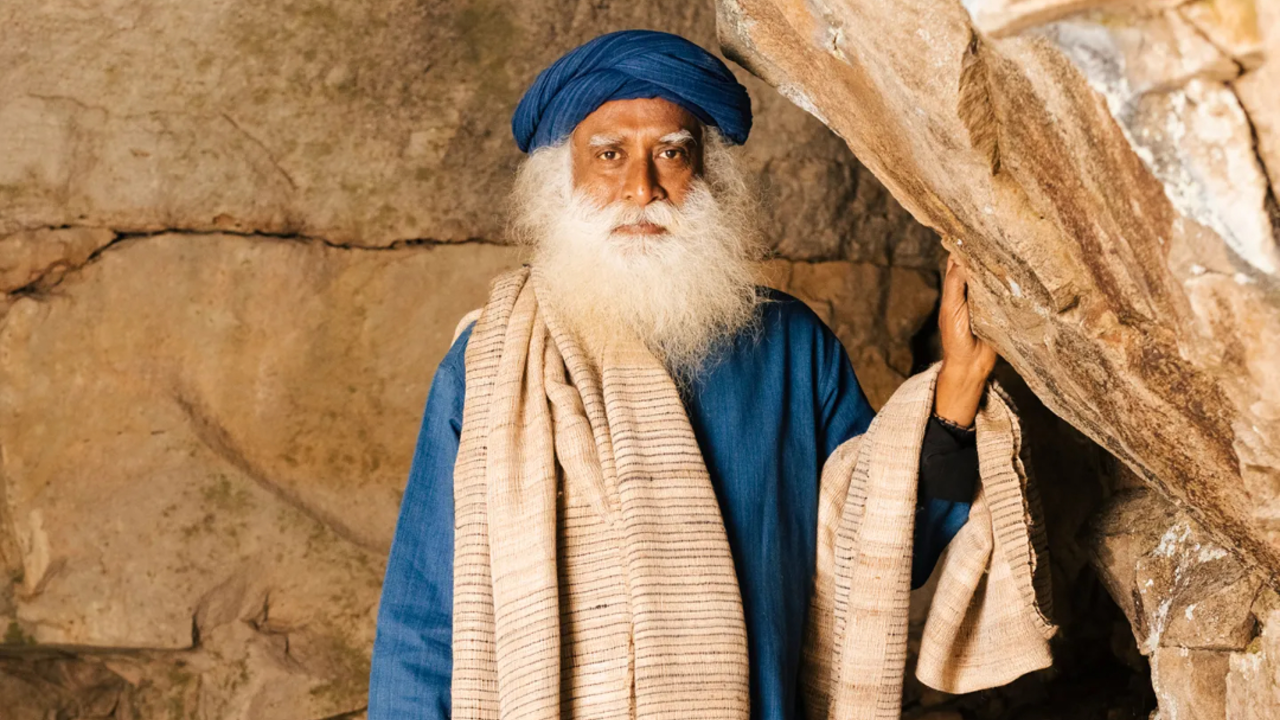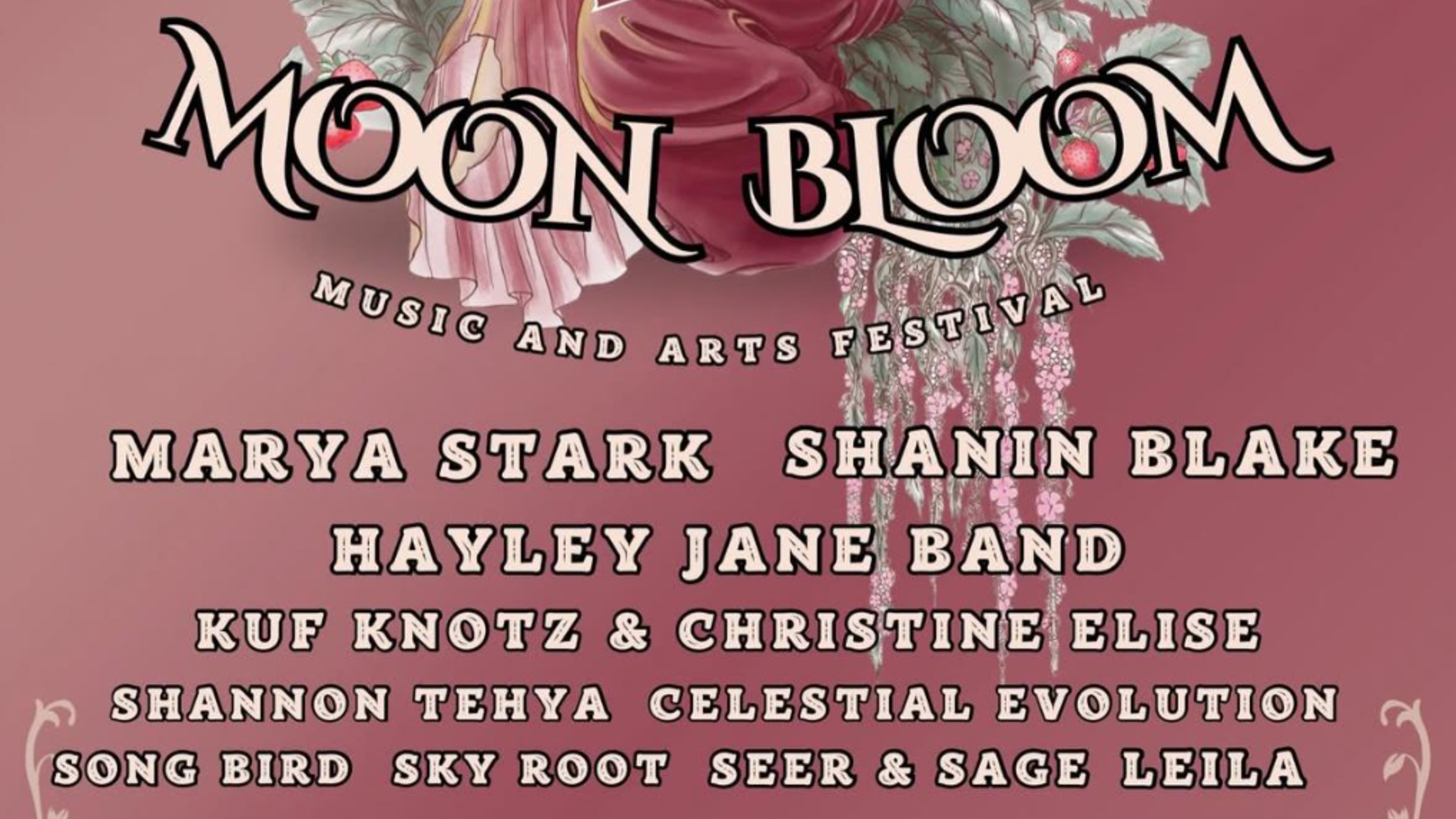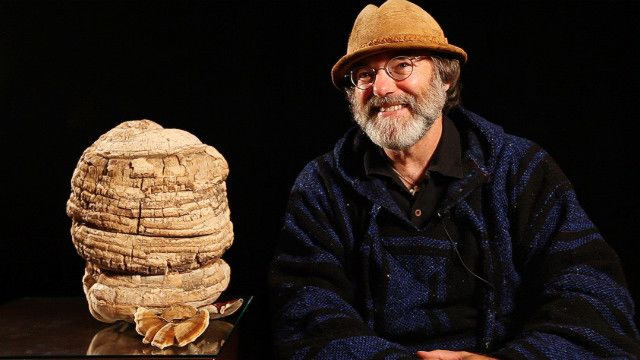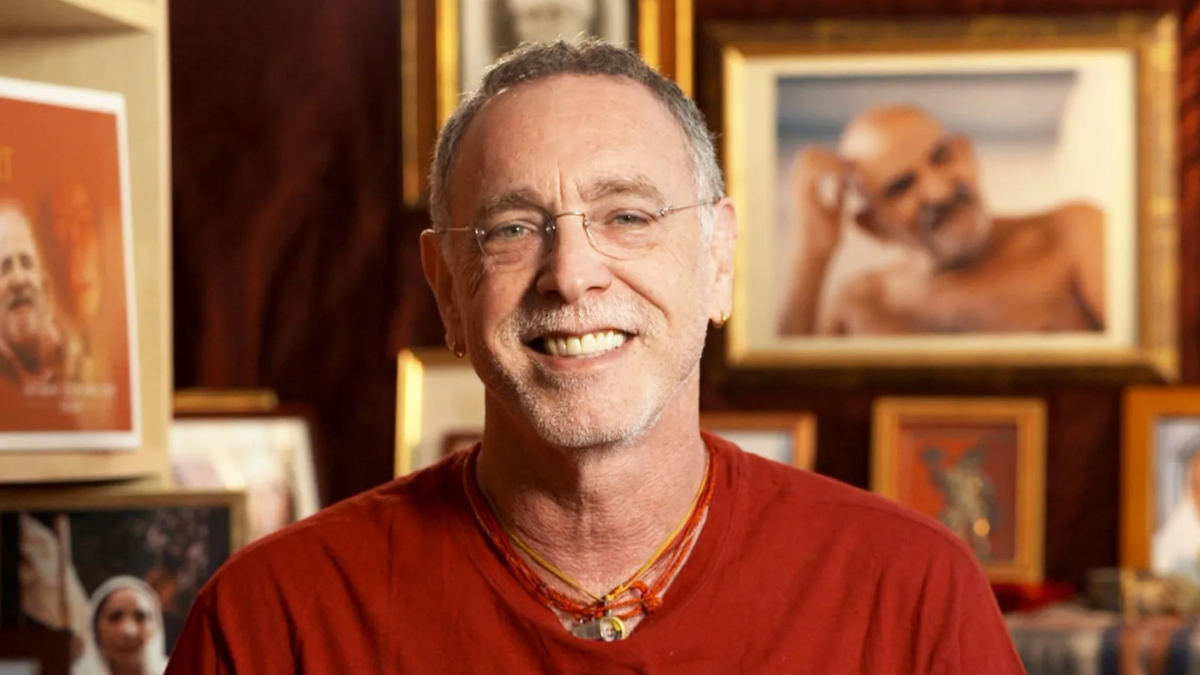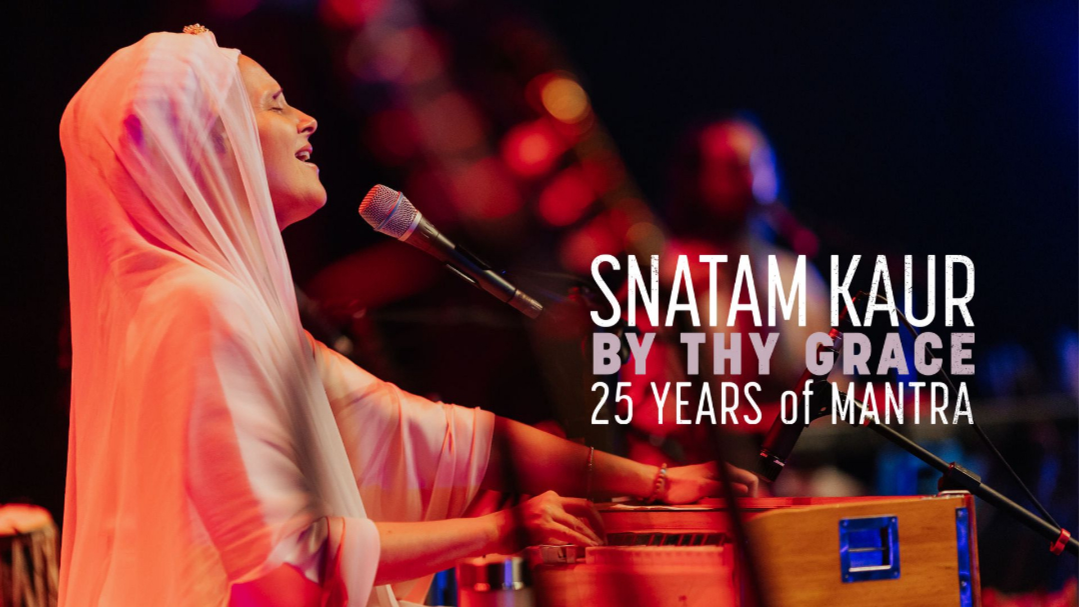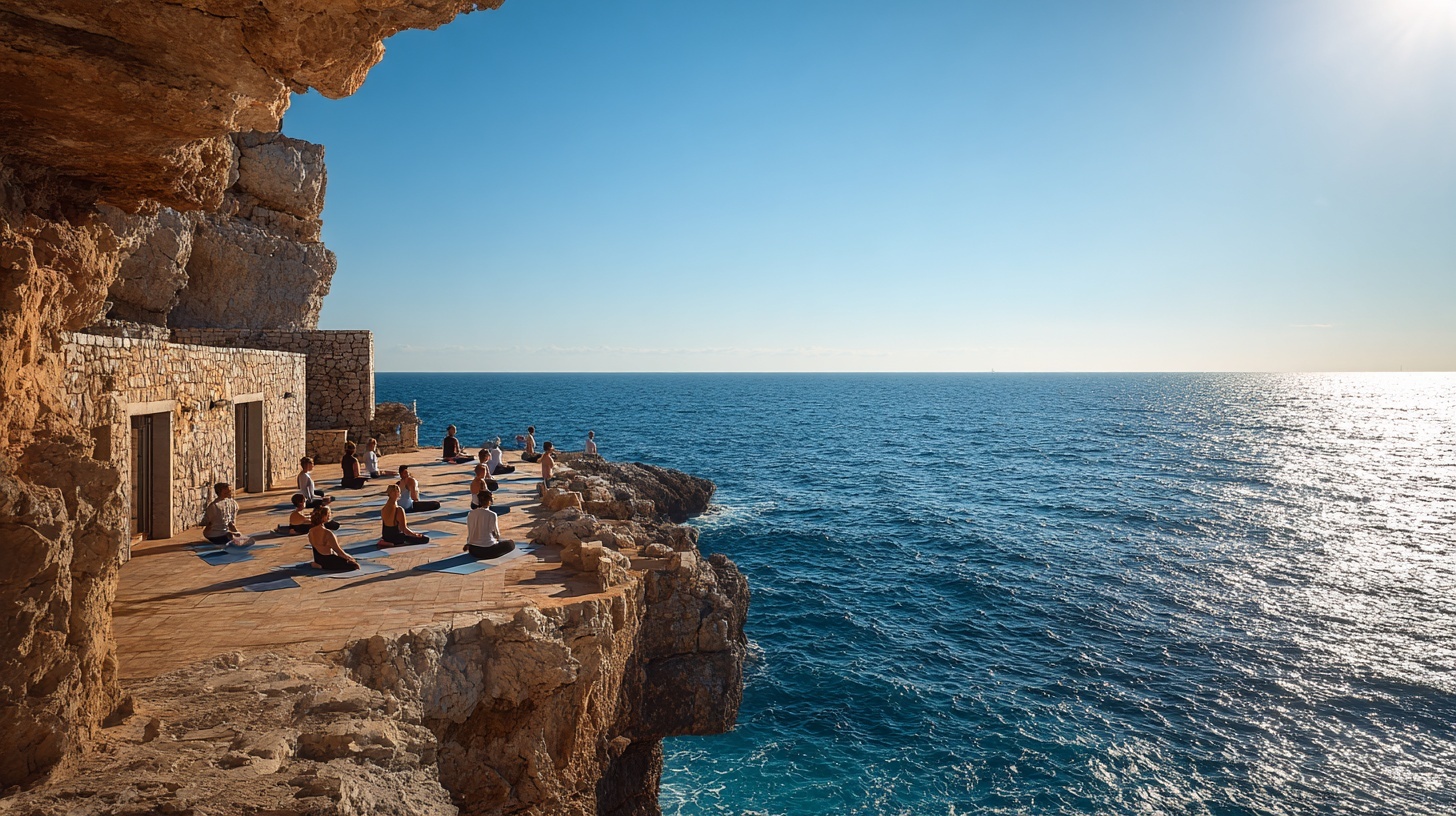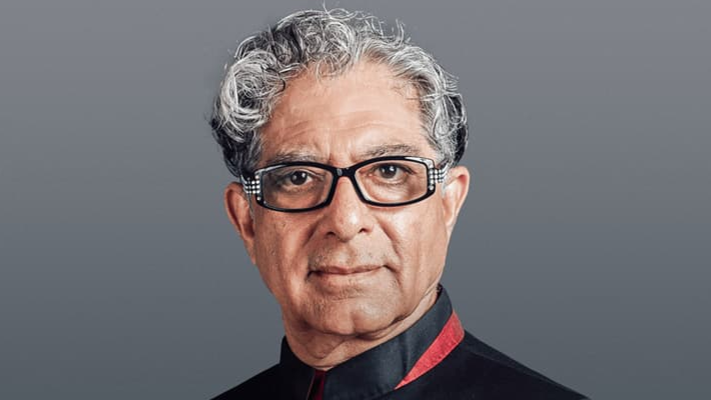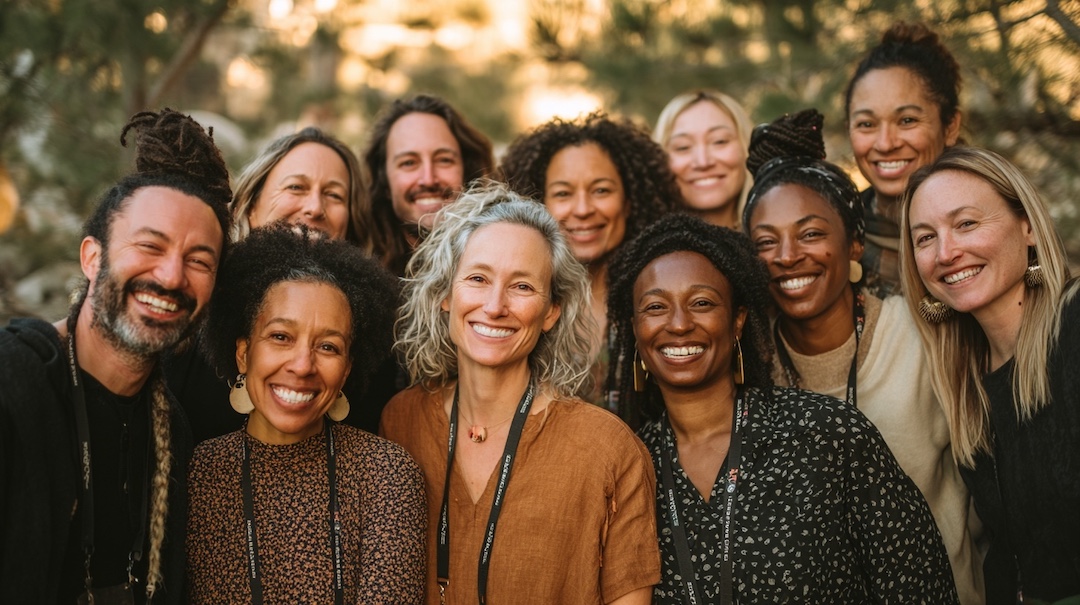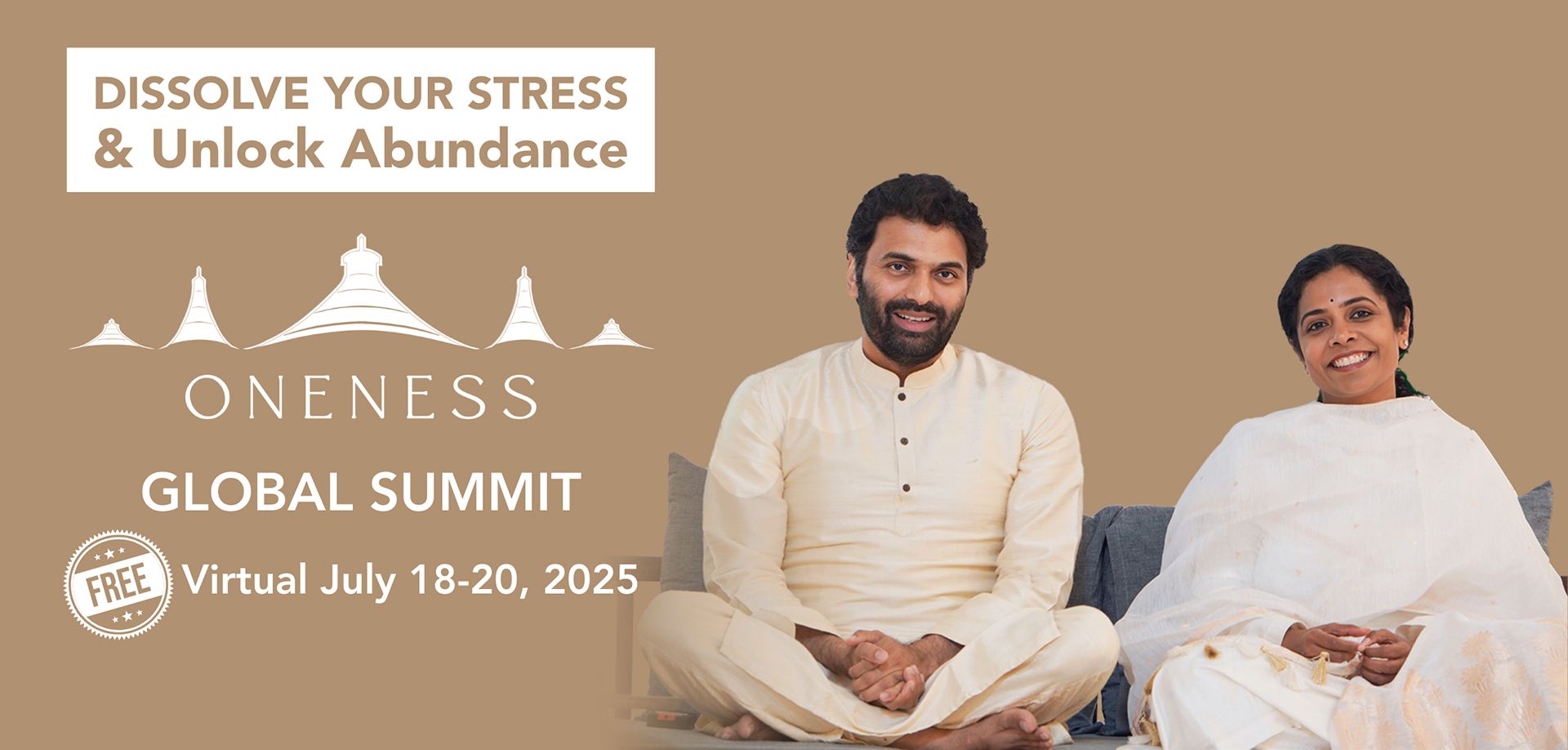
I was raised in an ashram, so I know what people mean when they say spiritual commerce feels wrong. But I also know what happens when spirituality is "free"—when it comes bundled with lifelong obligations, unquestioned authority, and no exit door. The choice isn't between pure spirituality and commercial spirituality. It's between different kinds of power, different terms of exchange, and different possibilities for freedom.
Facing the Shadow: The Architecture of Exploitation
The quest for meaning, connection, and truth is woven into human existence. Spirituality has always been at the heart of the human experience, transcending time and culture. Yet throughout history, this sacred journey has been systematically exploited—from religious institutions demanding absolute obedience to charismatic leaders wielding spiritual authority as a weapon of control.
The 1960s and the decades that followed offer a particularly clear lens through which to examine these dynamics. Thousands of spiritual seekers were drawn into traditional guru systems that promised enlightenment, liberation, and transformation. These seekers—earnest, idealistic, hungry for truth—devoted themselves entirely to the guru, the teachings, and the community. They poured their life force, time, resources, and energy into this pursuit, believing in the sacred bond between teacher and student.
The power dynamics in these communities were fundamentally imbalanced by design. The guru held absolute authority. Seekers were expected to surrender not just their ego, but their autonomy, their resources, and sometimes their basic humanity. What began as genuine spiritual calling was systematically distorted into cycles of abuse—spiritual, financial, sexual, and psychological.
The teachings in these spaces were deliberately crafted to create dependency. Authentic wisdom was mixed with manipulative practices designed to ensure that seekers believed the only path to growth was complete submission to the guru and the system. This made it nearly impossible to discern truth from tactics, genuine practice from psychological control.
These abuses were not accidents. They were not the misdeeds of a few bad actors who corrupted otherwise pure systems. They were structural features—built into the architecture itself. The hierarchical, closed-off nature of these communities didn't just allow exploitation; it made exploitation nearly inevitable. When one person holds absolute spiritual authority and the community is isolated from outside perspective, abuse becomes systemic rather than exceptional.
Having lived in such a system, I can tell you: the genuine beauty was real. The profound teachings were real. And the devastating harm was real. All of it coexisted, which is what made it so difficult to leave, and so easy to deny.
The Abolitionists vs. The Evolutionaries
Today, some critics argue that the entire spiritual marketplace should be dismantled. They point to ongoing exploitation—expensive retreats that promise transformation but deliver manipulation, charismatic teachers who weaponize vulnerability, marketing tactics that create artificial scarcity and manufactured urgency. They're not wrong to be concerned.
The shadow side of spiritual commerce is real and painful. Financial barriers exclude people who need support most. Marketplace pressures incentivize sensationalism over substance, performance over depth. When spiritual teaching becomes primarily about building a brand or maximizing revenue, something sacred is corrupted. The loudest voices drown out the wisest ones. Instagram followings become confused with spiritual authority.
These critiques are valuable. They keep us honest. They demand that we not replace one form of exploitation with another.
But the "burn it all down" perspective misses something fundamental: the spiritual impulse is indelible. It cannot be abolished, legislated away, or shamed out of existence. People have always sought meaning, connection, and transcendence. They always will. This seeking is as fundamental to human nature as the need for food, shelter, and belonging.
The question is never whether people will pursue spiritual growth. The question is always: what structures will hold that pursuit?
Will we return to closed hierarchical systems that enable systematic abuse? Will we abandon seekers to navigate treacherous territory entirely alone? Or will we evolve toward structures that honor both the sacredness of the journey and the sovereignty of the seeker—while remaining vigilant about the new problems these structures create?
Evolution doesn't mean perfection. It means learning, adapting, and building accountability into the system itself.
The Myth of "Free" Spirituality
Here's what's rarely said clearly: spirituality has never been free.
Churches have always collected tithes. Monasteries required labor or donations. Ashrams demanded devotion that translated into unpaid work, financial contribution, and surrender of outside income. Temples needed maintenance. Retreat centers required upkeep. Teachers needed food and shelter.
The idea that there was ever a golden age when spiritual wisdom flowed freely without economic exchange is fantasy. What we call "traditional" spirituality simply had different payment structures—often more extractive and less transparent than what we see today.
Spiritual teachers are human beings with human needs, operating in material reality. Communities require resources to function. This has always been true. The lights need to stay on. The roof needs repair. Food needs to be purchased.
The question was never whether spirituality and economics would intersect. The question has always been: on what terms?
Two Models: The Binding Contract vs. The Clean Exchange
Traditional institutional systems required total commitment. Join our community. Devote your life. Give your labor. Contribute your resources. Pledge your future. Promise your loyalty—not just for now, but forever.
The financial extraction was ongoing and often opaque. You didn't pay for specific teachings or services. You tithed. You donated. You worked without compensation. And leaving wasn't simply a matter of stopping payment—it meant betraying your spiritual family, abandoning your path, risking your soul's progress, severing all social connections at once.
This created what I can only describe as a parasitic bond—a connection that extracted resources, time, energy, and autonomy while making departure psychologically and socially devastating. The seeker couldn't receive teachings and move on. They were bound in ways that made it extraordinarily difficult to leave even when abuse became undeniable.
The system was designed to make exit costly. That's not a bug; it was a feature.
Spiritual commerce offers something structurally different: a clean exchange in the present moment. You attend a workshop. You pay for that workshop. You receive teachings. You compensate the teacher for their time and wisdom. Then you remain completely sovereign over your next choice.
There is no lifelong vow. No ongoing tithing obligation. No expectation that you'll return or face spiritual consequences for leaving. No social world that collapses if you walk away.
When your needs change—as they naturally do on any authentic path—you can move forward freely. Different teachers serve different seasons of growth. A marketplace model honors that evolution in ways institutional loyalty never could.
The marketplace offers something the traditional model could not: unlocked exit doors.
The Uncomfortable Truth
Here's what few people are willing to say plainly: while spiritual commerce creates real problems, what we're moving away from was systematically worse.
Yes, the marketplace has genuine issues. Some people can't afford expensive retreats. Marketing can be manipulative. Charisma gets confused with wisdom. The incentive structure can reward performance over depth.
These problems are real. They deserve our ongoing attention and creative solutions. We should name them clearly and work to address them.
But marketplace dynamics offer protections that closed systems never provided:
- Freedom to leave without social or spiritual penalty
- Ability to compare teachers, approaches, and communities
- Transparent pricing instead of unclear ongoing obligations
- Public platforms to share experiences and warn others
- Power to withhold resources from teachers who cause harm
- Access to multiple voices instead of one unquestioned authority
- Consumer protection mechanisms that didn't exist in isolated communities
This represents a fundamental shift from authoritarian spiritual structures—where power flows from a single source and questioning is forbidden—toward something closer to democratic principles: transparency, accountability, freedom of movement, and the distribution of power.
The new system isn't perfect. But it changes who holds leverage in the relationship. And that matters immensely.
Self-Governance: Building Accountability Into Infrastructure
At BrightStar, we don't claim to police the spiritual marketplace or eliminate all possibility of harm. We're a platform within a much larger global movement, and we can't control that movement any more than we can control the tides.
What we can do is build accountability into the infrastructure itself.
We're implementing rating and review systems that create transparency. Seekers can share their experiences publicly. Others can make informed decisions based on collective wisdom rather than a single authority's claims. In closed systems, criticism of a teacher often led to expulsion or accusations of spiritual failure. Now, critical voices can be heard and considered.
We've launched our Seva tier, which removes platform fees for conscious event creators. This reduces one economic barrier between seekers and teachings. It's not a complete solution to access issues, but it's one concrete step toward making spiritual experiences more available regardless of financial constraints. It's also our way of giving back—of ensuring BrightStar itself doesn't become another obstacle in the path.
Ultimately, integrity rests with individuals on both sides of the exchange. Teachers must honor their role as guides rather than gurus, choosing empowerment over dependency. Seekers must develop discernment, choosing what genuinely serves their growth rather than what's merely compelling or comfortable.
No platform can replace that personal responsibility. But we can create conditions where self-governance is more likely to succeed—where information flows freely, where multiple perspectives are available, where both praise and criticism can be voiced without retaliation.
The Dance of Reciprocity
When approached with integrity, spiritual commerce isn't exploitation—it's mutual nourishment.
The teacher offers wisdom, practices, and presence cultivated over years or decades. The seeker offers attention, engagement, and fair compensation. Both parties benefit. Both parties grow. The exchange creates value that didn't exist before.
This is reciprocity in its truest sense—not transactional in a hollow way, but honoring that energy flows in both directions. The teacher's wisdom deserves support. The seeker's sovereignty deserves respect. Neither is higher. Neither is lower.
At BrightStar, we work to hold this balance. We honor teachers by providing platforms for their work and ensuring they're compensated fairly. We honor seekers by protecting their freedom to choose, to leave, to speak, and to grow according to their own inner wisdom.
Whether someone attends a meditation retreat, takes a yoga class, or studies with a spiritual guide, the value lies not just in the content but in the quality of the exchange—in mutual respect, clear boundaries, and genuine care for each other's wellbeing and growth.
The Power of Choice: Sovereignty Restored
One of the most revolutionary aspects of the modern spiritual landscape is the restoration of choice to the seeker.
You are not bound to the tradition of your birth. You are not required to accept a single teacher's interpretation as absolute truth. You are not obligated to stay in a community that harms you. You can explore freely, take what serves you, leave what doesn't, and change your mind as you grow.
This freedom isn't corruption—it's the restoration of a birthright that institutional systems systematically stripped away.
In traditional models, questioning authority was spiritual failure. Leaving was betrayal. Choosing your own path was ego. The system had answers for everything, and all of them led back to submission.
Now, seekers can navigate their own journey with autonomy. They can draw from multiple traditions, learn from various teachers, and synthesize their own understanding. This isn't spiritual dilettantism—it's genuine agency in one's own development.
At BrightStar, we celebrate this sovereignty. We create space where seekers can find teachers who resonate with their path, and teachers can find students ready for their particular wisdom. It's a marketplace in the best sense—not reducing spirituality to commodity, but enabling genuine connection based on authentic alignment rather than institutional coercion.
The Path Forward: Evolution, Not Perfection
The commercialization of spirituality isn't about watering down sacred teachings or turning transcendence into product. It's about recognizing that the terms of exchange shape the possibility for exploitation or empowerment.
This movement represents evolution, not arrival. The new model has problems that require constant vigilance. Financial inequality creates unequal access. Marketing incentives can corrupt authentic teaching. Shallow engagement can masquerade as spiritual growth. Consumer mentality can undermine genuine transformation.
These challenges are real and ongoing. We must name them clearly and work creatively to address them.
But we've also gained something precious: freedom, transparency, and the ability to leave. We've gained multiple voices where there was once only singular authority. We've gained public accountability where there was once only private control. We've gained structural protections where there was once only trust in benevolent power.
The spiritual impulse will never disappear. People will always seek meaning, connection, and understanding of what lies beyond the surface of things. Our responsibility isn't to eliminate the structures that support this seeking, but to evolve them—to learn from catastrophic failures, acknowledge present imperfections, and build toward systems that empower rather than exploit, that open possibilities rather than close them.
What we're witnessing is a shift from authoritarian spiritual structures toward something more aligned with democratic values—not perfect, certainly not complete, but fundamentally more accountable to those it serves.
At BrightStar, we believe spirituality and commerce can coexist in ways that serve everyone involved. By embracing transparency, mutual respect, structural accountability, and genuine reciprocity, we participate in a global movement toward spiritual exchange that honors both the profound nature of the journey and the precious sovereignty of every seeker.
The dance continues. The rhythm remains. But now, more people can choose their own steps.
